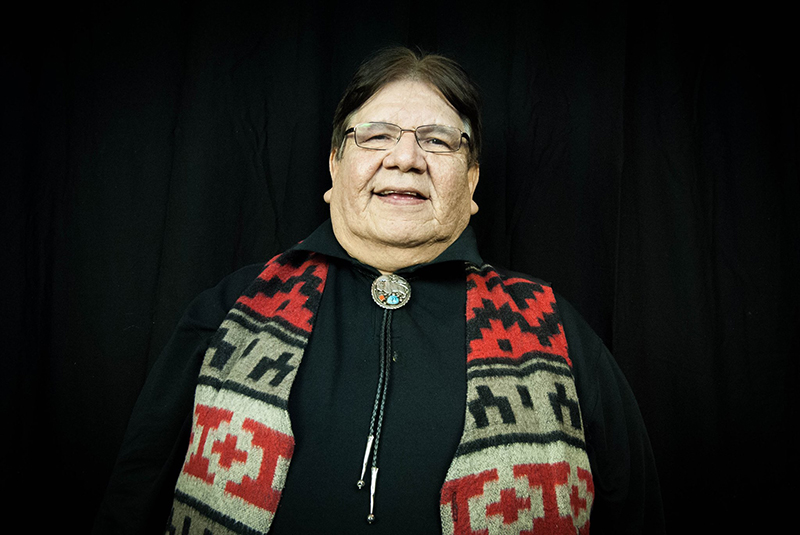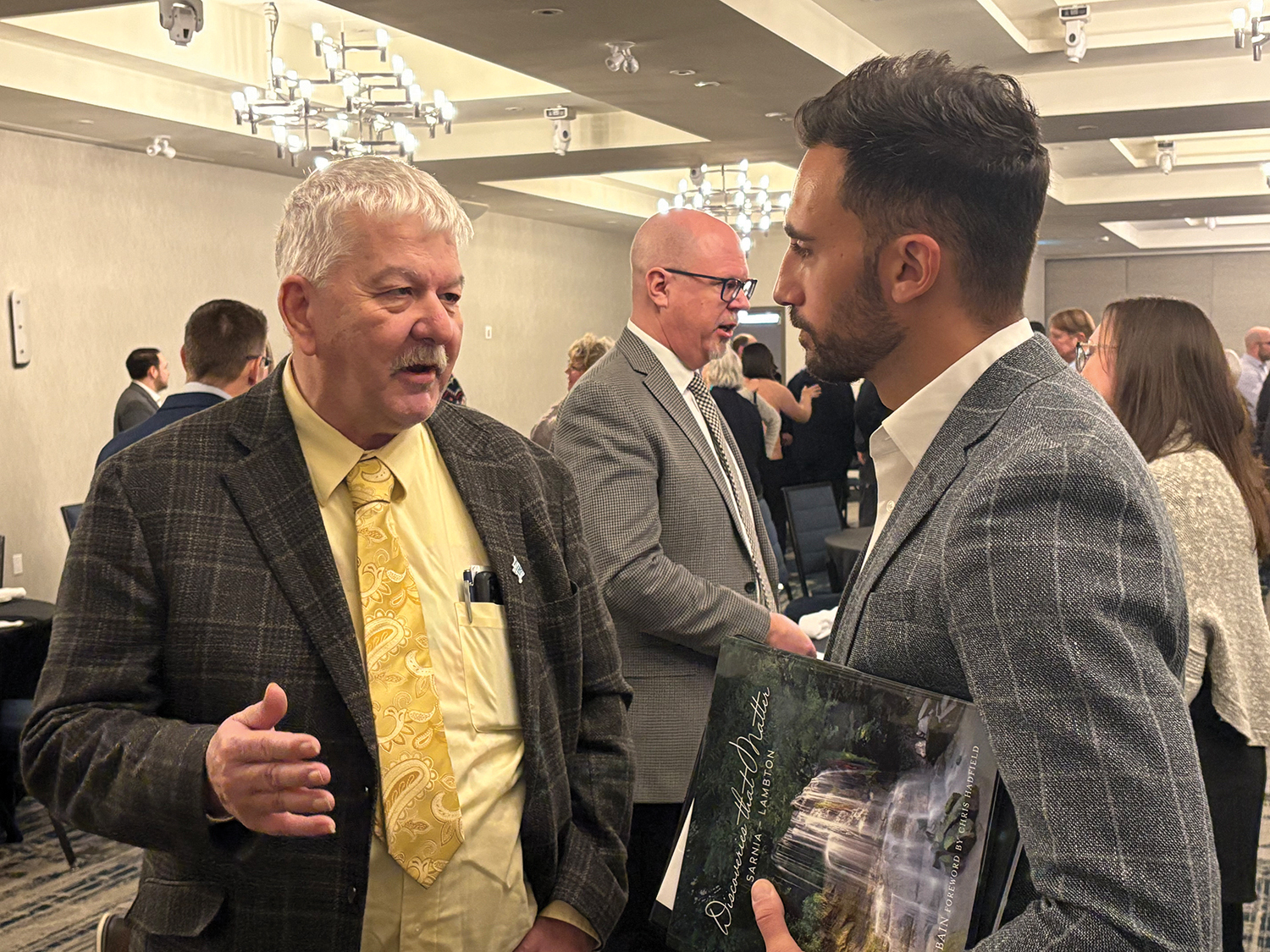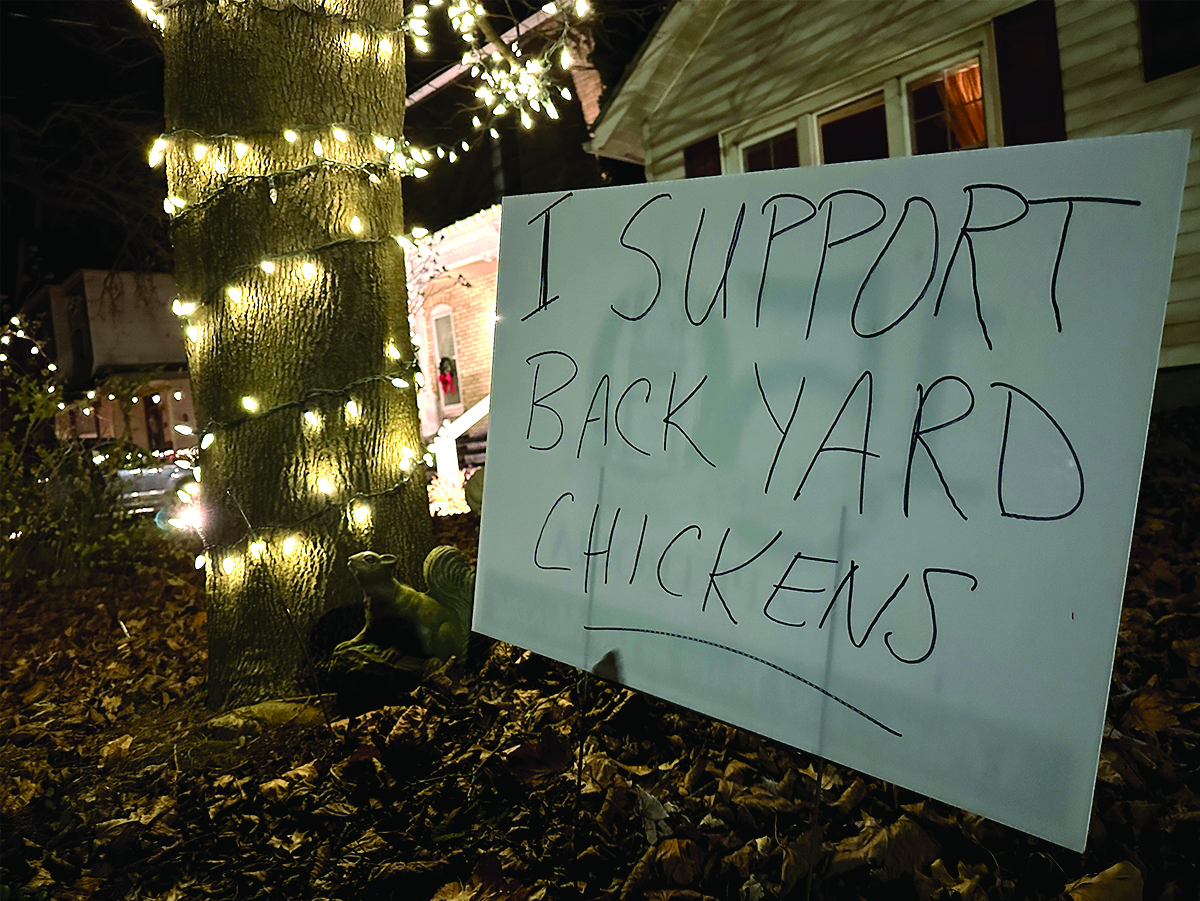Lambton ‘in the driver’s seat’ as province eyes nuclear power in Courtright

Bressette remembered for his ‘pioneering spirit’
January 14, 2022
The man who was the chief of the Kettle and Stony Point during the Ipperwash crisis and who later signed a deal with the federal government to return the former military camp to the community has died.
Tom Bressette, who had been Chief of the nation for about 30 years over the course of his life, passed away yesterday.
Bressette served in the US Military and worked in a number of trades including with the Boilermakers Union, the Painters and Allied Trades, and the Carpenters Union throughout his life. He was also a community drug and alcohol addictions counsellor.
He was most widely known for his political career. He was first elected as a councillor to the Chippewas of Kettle and Stony Point in 1986 and served two terms before being elected chief in 1990.
Bressette led his community through the trauma of the Ipperwash Crisis. Bressette had been working in government circles to have the federal government return land which was appropriated from the First Nation before the Second World War and turned into a military base.
In 1993, some members of the First Nation began to occupy the property and in September 1995, Dudley George was shot and killed by an OPP officer after a group of about 30 protesters occupied nearby Ipperwash Provincial Park – a sacred burial ground.
An inquiry into the crisis concluded the government of Ontario, the feds and the OPP bore responsibility for George’s death. The land was to be returned.
In April 2016, Bressette signed an agreement on behalf of the First Nation which returned the land to the Kettle and Stony Point people and provided a $95 million settlement.
At the time, Michael Bryant, chief negotiator for the Chippewas of Kettle and Stony Point First Nation and former Ontario minister of aboriginal affairs hailed Bressette.
“Many here worried they wouldn’t live to see the return of Stony Point, stolen by Canada 80 years ago,” Bryant was quoted as saying at the time. “Chief Tom Bressette and council courageously said ‘no’ to an unjust federal settlement offer almost 20 years ago, which turned out to be a small fraction of the final settlement celebrated today. All First Nations will benefit from this precedent.”
The occasion was one of hope for Bressette, who said at the time; “Today, World War Two is finally over for the Chippewas of Kettle and Stony Point with the closure of the taking of our lands in 1942. We look forward to a better relationship with Canada going forward, and today marks a new beginning.”
In a letter issued today, the present Kettle and Stony Point council says Bressette dedicated “much of his life to the advancement of his community and others.”
Bressette had also served as the Ontario Regional Vice Chief to the Assembly of First nations from 1997 to 2000, the Chair of the London District Chiefs Council and was a founding member of the Southern First Nations Secretariat.
“He served in many other capacities that enabled our First Nation to advance forward and will certainly be remembered for his pioneering spirit”.
NEXT
Citizens, Warwick Township concerned about Watford landfill vertical expansion
PREVIOUS
Second COVID outbreak at Bluewater Health

Lambton ‘in the driver’s seat’ as province eyes nuclear power in Courtright
January 14, 2025
Read More

Petrolia balks at backyard chickens
January 14, 2025
Read More

Bothwell-Zone wants to come home; group to ask province to rejoin Lambton
January 14, 2025
Read More

Proposed new $20M Grand Bend Community Centre making waves
January 14, 2025
Read More
